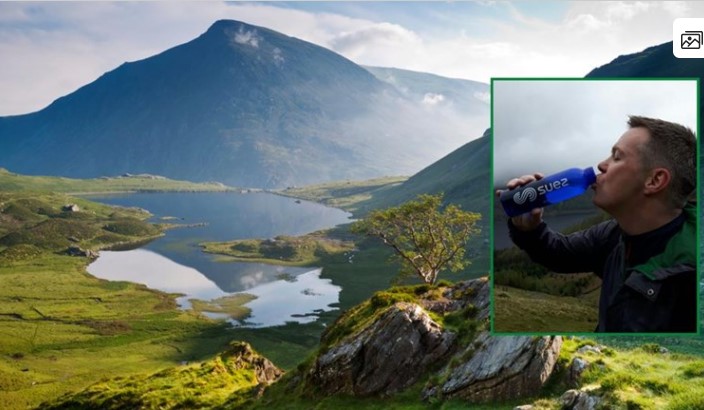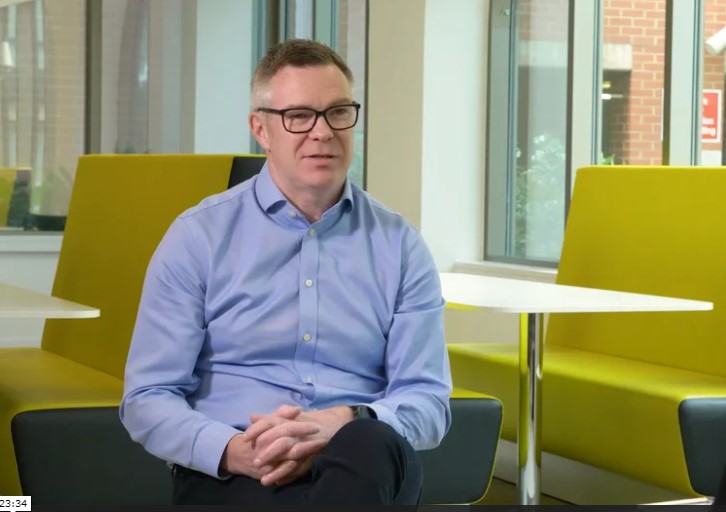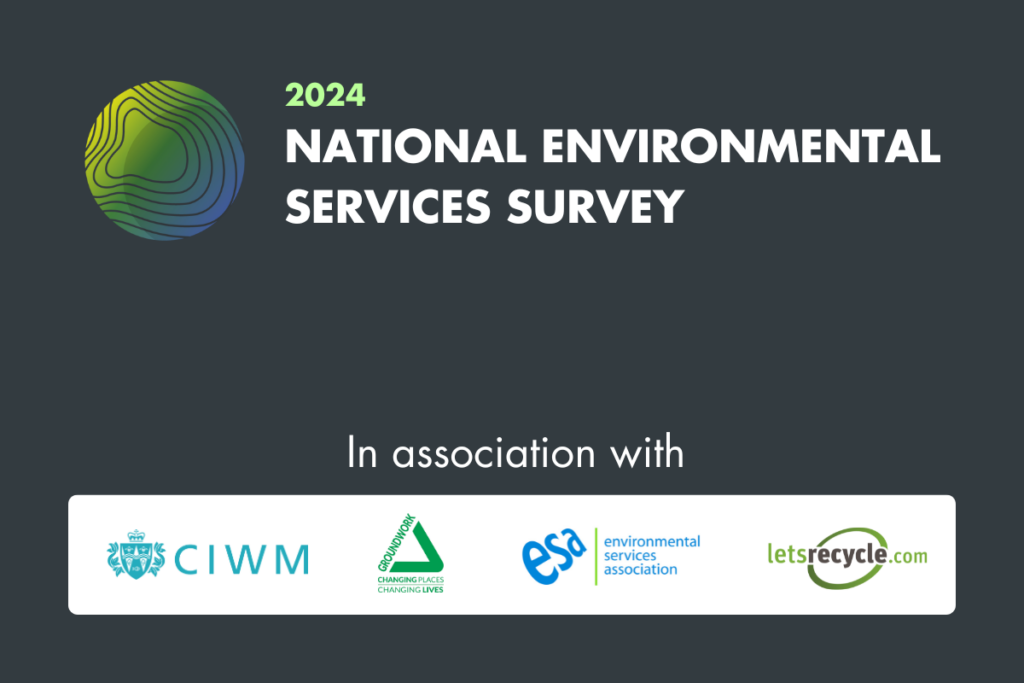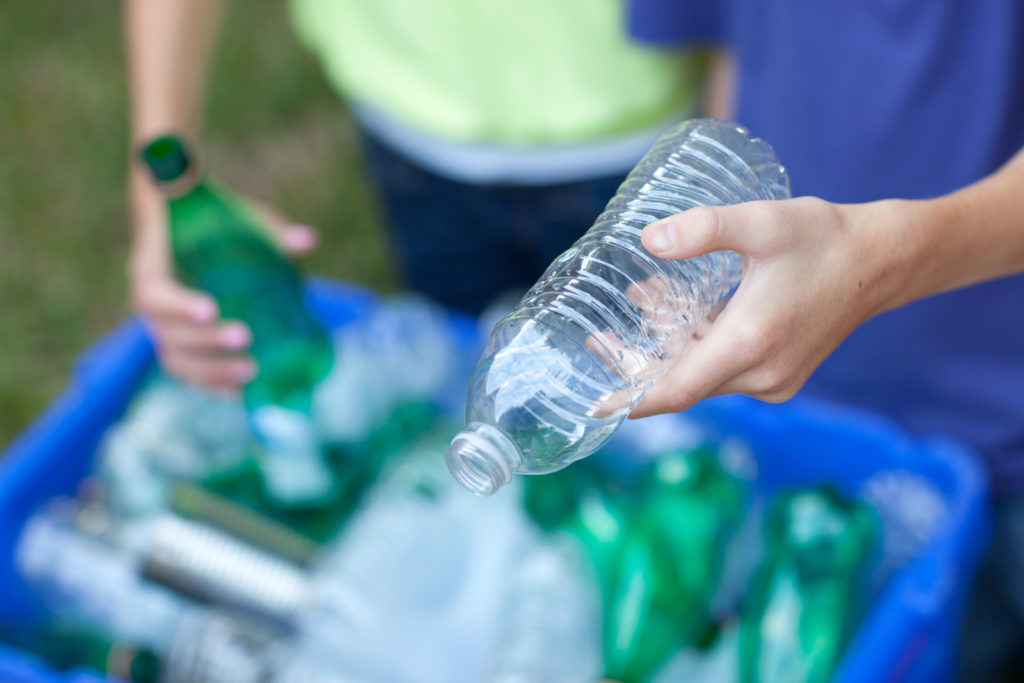Suez recycling and recovery UK CEO John Scanlon says that the pandemic has impacted Suez UK in a lot of different ways. He considers the waste industry “did an amazing job and it was great to see recognition from members of the public who in many ways in the past hadn’t thought too much about waste collection”. And, he emphasises how Suez and the rest of the sector had had to react very quickly, particularly so when dealing with household waste recycling centres (HWRCs).
Over the next 10 years he predicts a “real shift” around recycling, reuse and dealing with materials “in different ways”. “Now is a really critical time to set us up for the future to really push forward with recycling,” he said. “I think that’s the great change which we’ll see over the next 10 years.”
Energy and recycling
Mr Scanlon says that he doesn’t see energy from waste hampering recycling. “There is still a need for more EfWs than we have today. We have been exporting and will see that on-shored.”
On decarbonisation of energy from waste, Mr Scanlon said that there would be a need for subsidies. He commented: “There is work to do in terms of decarbonising, I think that’s going to be a really important step for us in the coming years. That will come through a number of routes, firstly I think it will come out through EPR and consistent collections to get plastic out of the waste streams and stop that going into the energy from waste facilities, putting that into better uses, chemical or mechanical recycling.”
He continued: “How do you decarbonise the combustion of the residual waste that you have got? We are working on a project in the North East with BP where we’re looking to develop carbon capture and storage and this is something we hope to have operational by the middle of the decade.”
Subsidies
Asked about costs and subsidies, the Suez UK chief executive says that this is part of the process. “We’re going through at the moment to find out what the impacts will be.
“We’re working with BP, with BEIS, with government to look at what the scheme will need to be such that we can understand what subsidies will need to be required to make sure that you can still continue to do EfW with carbon capture rather than it going somewhere else. There needs to be some other mechanisms or payments to make it worthwhile otherwise we will find the materials don’t flow the right way or they might regress back into landfill potentially.”
Social value
Mr Scanlon also explains how the importance of social value and sustainability is embedded in the company’s approach to all of its activities. This includes charitable fund-raising activities by the business in the UK. At Suez, Macmillan Cancer Support has been its charity partner for the last eight years, during which time more than £350,000 has been raised for Macmillan and those living with cancer. This year the senior team, including Mr Scanlon, will be taking on the Three Peaks Challenge later this month to raise funds for the charity. Full details HERE.

Suez and Veolia
In conclusion, on the proposed acquisition of Suez by its French counterpart Veolia, he explains that on the 30 June, the sale to Veolia will be recommended to the Board of Suez.
“As you can imagine, with two large companies in the same industry there are some issues around competition that the competition authorities need to clear, so there will be a bit of time before the companies are brought together.”
He expects a combining of the two companies before the end of the year, describing the deal as: “A great acquisition for[Veolia] – people are engaged, fabulous assets and fabulous contracts. Why does Veolia want to acquire Suez – when you talk about social value, improving the environment, that’s going to be at the heart of what they want to do in the future.”











Subscribe for free